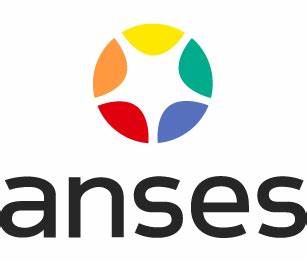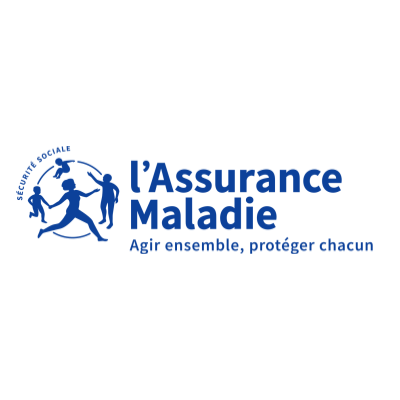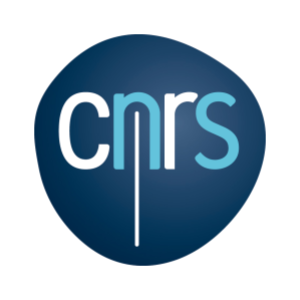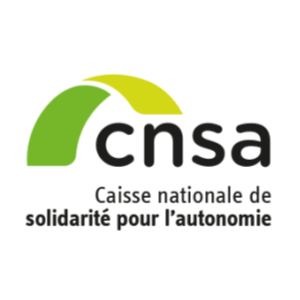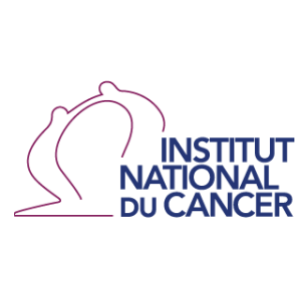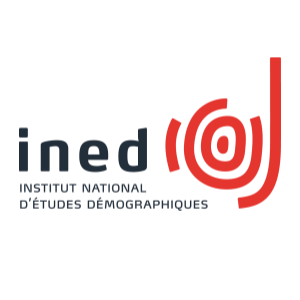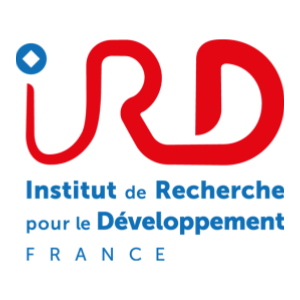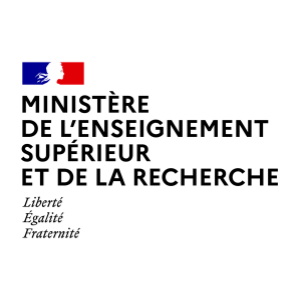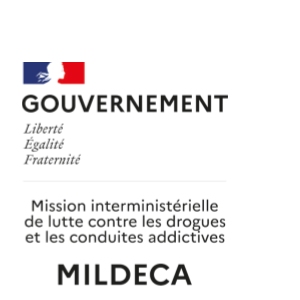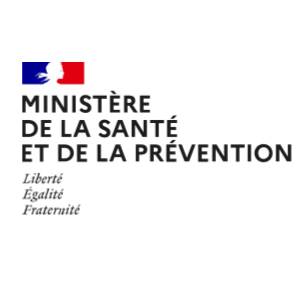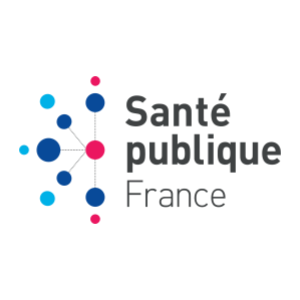Étude translationnelle de l’influence de la présence d’un pair sur la consommation d’alcool et son substrat neurobiologique (ALCOSOCIO)
Résumé de soumission
Although it is a truism that drug addiction often develops in a social context, social factors did not receive much attention in the neurosciences of drug addiction, perhaps due to the lack of truly interdisciplinary research with the human and social sciences.
It is only recently that animal studies of addiction have started to take into account the role of social factors, especially those that are immediately present at the time of drug exposure (proximal social factors), such as the presence of peers or social contact. There is however to date no direct study of these factors on neurobiological networks.
The present project will use a translational approach to make several steps forward to the benefit of a more integrative approach. Team 1 has shown that the presence of a peer, or the playback of positive ultrasonic vocalizations, induces a decrease in cocaine intake in rats and a decrease in psychostimulant drugs intake in human drug users. Lesioning the STN has modulated this influence, suggesting an involvement of this cerebral structure in this phenomenon.
In this project, experiments with a rat model of alcohol consumption will test the involvement of the subthalamic nucleus (STN) in the effects of peer presence (presence of familiar or unfamiliar conspecifics) or the influence of playback of positive or negative ultrasonic vocalizations during alcohol self-administration, using deep brain stimulation of the STN.
Second, a functional MRI study will be performed with alcohol-dependent human users performing a behavioral task specifically chosen to involve the STN. This experiment should allow to visualize, in the STN and its network, modulations induced by cues associated with alcohol and the presence or not of an observing peer .
Relying on one team from Aix-Marseille University associated with the CNRS and AP-HM (Marseille Public Hospital) and one team from Geneva (Team 2), this combination of multiple levels of analysis makes our integrative project unique in the study of alcohol addiction. The teams involved in this project do not just focus on the same object—addiction—using different levels of analysis. Instead, by relating conceptual, methodological and technical developments made about the role of proximal social factors in alcohol addiction, the present project offers a truly innovative and realistic approach to this major clinical and public health problem.
Equipes du projet
Coordonnateur :
BAUNEZ Christelle
N° ORCID : 0000-0002-4368-652X
Structure administrative de rattachement : CNRS
Laboratoire ou équipe : Institut de Neurosciences de la Timone, UMR7289, équipe BAGAMORE
Autres équipes participantes :
Responsable de l'équipe 2 : GRANDJEAN Didier
University of Geneva - Neuroscience of Emotion and Affective Dynamics Lab, FPSE, Swiss Center for Affective Scienc
Dites-le nous !

